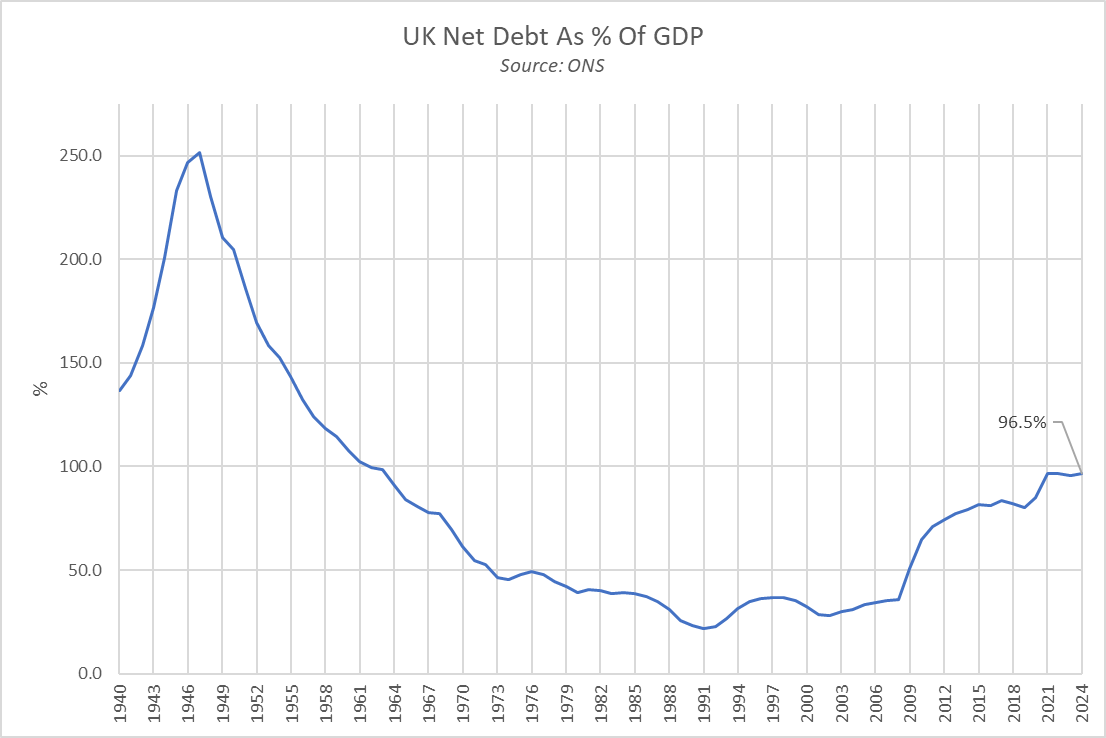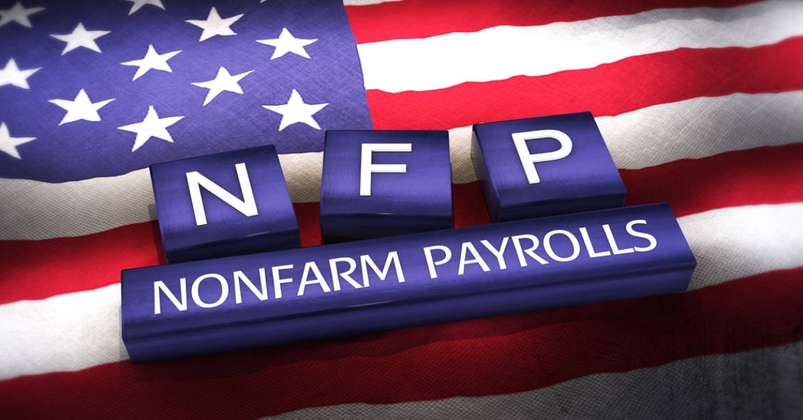Overall, it seems unlikely that the Budget will substantially move the needle in terms of the UK economic outlook. While tax cuts were delivered, namely via a second straight 2pp cut to employee national insurance, and some tweaks to the child benefit regime, such moves seem unlikely to substantially shift the balance of risks facing the economy, which continues to display relatively anaemic growth, even if the recession into which UK Plc. fell at the end of 2023 is likely already over. Naturally, fuel duty was also frozen, as it has been every year since 2011, while many will also cheer the freeze in alcohol duty for the next 11 months.
Nevertheless, in a reflection of the continued fragile state of the public purse, these modest tax cuts – which amount to a giveaway of just under £13bln in the 2024-25 fiscal year, and around £10.5bln in the following 12 months – were accompanied by an incredibly long list of tax increases. Thee include a new duty on vaping, higher tobacco duty, higher airfare duty, removal of tax relief on holiday lets, an extension of the oil & gas profits levy, and the abolition of the ‘non-dom’ tax regime.
For a ‘tax cutting’ budget, that is a very, very long list of tax hikes. Furthermore, the Budget produced no traditional ‘rabbit out of the hat’, with the UK’s rather perilous fiscal backdrop meaning that both the rabbit, and the hat, were presumably unaffordable.

The OBR’s latest economic forecasts, which as always must be taken with a healthy pinch of salt, paint a picture of why said increases were deemed necessary. When all Budget measures are considered, the OBR see the Government meetings its fiscal rules with just £9bln of headroom, far less than the historical average, and leaving little further wriggle room for any further pre-election tax cuts that the Chancellor may wish to deliver in the autumn.
Sticking with the OBR, the body produced a surprisingly upbeat economic outlook. Headline inflation, per CPI, is seen falling back below the 2% target within the next few months, broadly in line with the BoE’s expectations, with the aforementioned fuel and alcohol duty freezes both knocking around 0.2pp off headline inflation over the next year.
On growth, the OBR painted an outlook that is significantly more bullish than both the BoE, and the sell-side consensus. This year, the OBR see growth of 0.8%, double the sell-side consensus, and almost four times greater than the MPC’s forecasts indicated in February. In 2025, the OBR see a blockbuster – and, frankly, unrealistic – 1.9% pace of GDP growth, well above the sell-side median of 1.2%, and the BoE’s meagre 0.75% forecast. This is important as any downward revisions to GDP expectations will likely further limit the Chancellor’s room to manoeuvre and deliver significant further fiscal easing later in the year, before a likely Q4 general election.
As noted above, the Budget measures seem highly unlikely to materially alter the BoE policy outlook. Reduced national insurance contributions aren’t seen as inflationary, while the restrained degree of fiscal easing will further allay concerns that inflation could make a significant resurgence later in the year.
Consequently, and in keeping with recent times – bar, obviously, the ‘mini-budget’ of September 2022 – Hunt’s statement to the Commons caused relatively little by way of significant market volatility.
The pound traded ‘as flat as a pancake’ through the Budget, with little for market participants to trade off given the largely unchanged macroeconomic outlook, with cable remaining contained within the 1.26 – 1.28 range that has been, by and large, in place since the middle of last December.
_2024-03-06_14-01-56.jpg)
Gilts were similarly uninspired by Hunt’s measures, trading pretty much flat across all maturities, with any borrowing jitters also somewhat soothed by the year-ahead gilt remit being bang in line with market expectations at £265bln.
The same, unsurprisingly, can be said for UK equities. While the FTSE 100 did briefly probe new day highs as Hunt spoke, those modest gains fizzled as remarks continued, particularly as modest strength in the homebuilding, and hospitality, sectors faded as rapidly as it had come about.
Related articles
此处提供的材料并未按照旨在促进投资研究独立性的法律要求进行准备,因此被视为营销沟通。虽然它并不受到在投资研究传播之前进行交易的任何禁令,但我们不会在向客户提供信息之前谋求任何优势。
Pepperstone并不保证此处提供的材料准确、及时或完整,因此不应依赖于此。无论是来自第三方还是其他来源的信息,都不应被视为建议;或者购买或出售的要约;或是购买或出售任何证券、金融产品或工具的征求;或是参与任何特定交易策略。它并未考虑读者的财务状况或投资目标。我们建议此内容的读者寻求自己的建议。未经Pepperstone批准,不得复制或重新分发此信息。



